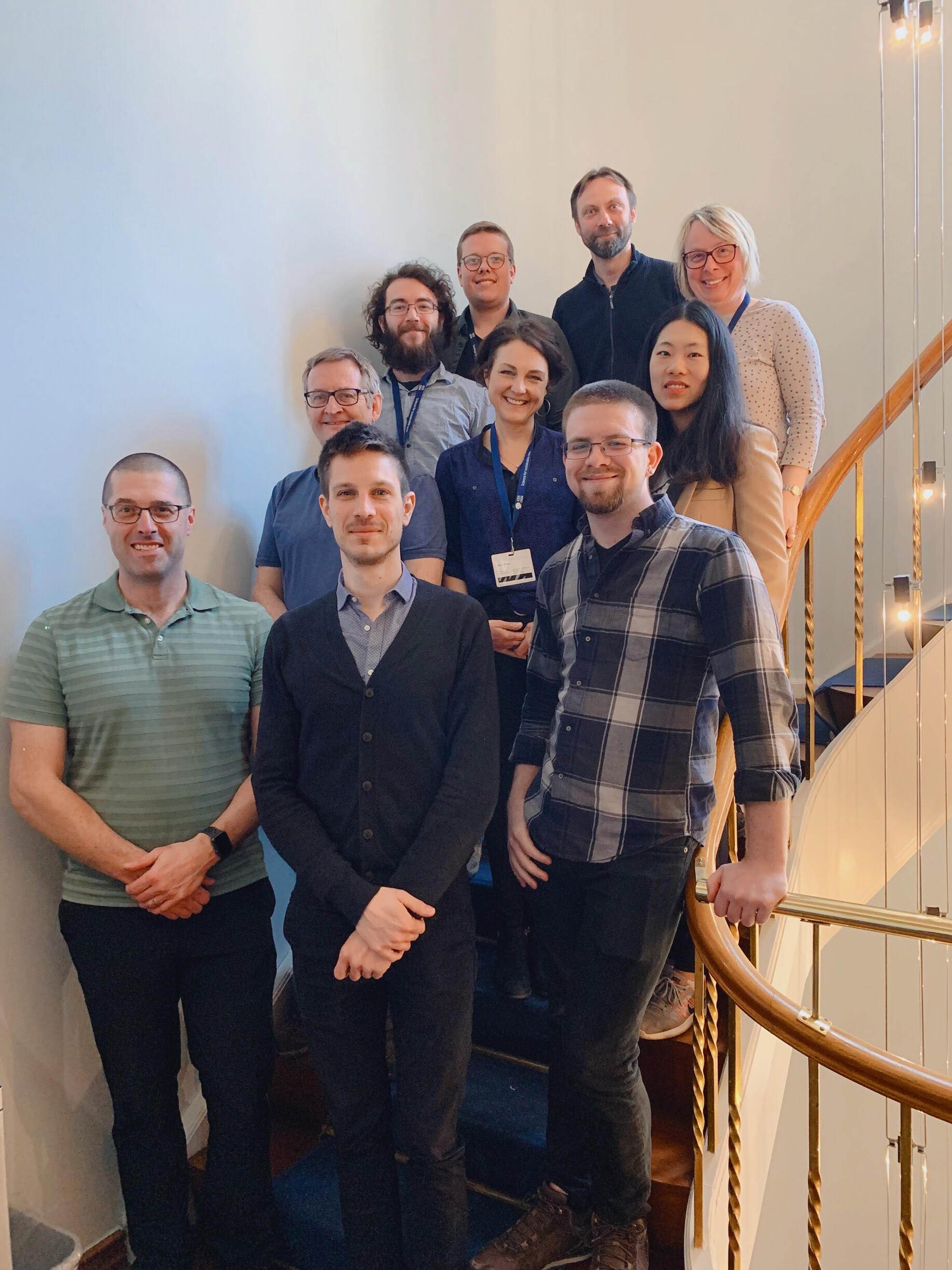An insightful article by Professor Nancy Reid, OC, FRSC
On Saturday, April 7, The Globe and Mail published a long article on advances in counselling and therapy around mental health—“Rethinking therapy: how 45 questions can revolutionize mental health”. The punch line? A new emphasis on data collection and analysis is helping therapists to track patients’ progress, alert them to troubling trends, give patients affirmation with their progress, and more. The use of these data collection efforts have been validated by clinical trials. Data collection and clinical trials have informed medical practice for chronic and acute diseases for more than seventy years.
On the same day in the financial pages an article on the use of personal data by banks and credit unions highlighted renewed attention to privacy — not surprising in the wake of the Facebook crisis—“RBC chief executive calls for stronger protections for consumer data”. Statistics Canada has been collecting Canadians’ data for 100 years and has never had a data breach. How do they manage this? Through a carefully focussed, unwavering attention to the importance of privacy and the ongoing development of statistical science and infrastructure to advance this goal.
In the health pages, we read that new research published in the American Journal of Clinical Nutrition reported the analysis of “44 previously published high-quality studies involving 1,082,092 participants”—“Anti-inflammatory diet may guard against cancer”). Nutritional studies rely on what statistical science calls meta-analysis, or study of studies: this leverages the information in similar investigations from around the world to increase our knowledge, and our confidence in this knowledge.
An opinion piece on Canada’s seaports referred to looming environmental risks and safety risks, as well as risks from security breaches: “security threats are uncertain because we do not have reliable data to understand the scope of the problem” — “Canada port authorities need a new culture of security”. The study of risks from threats ranging from climate change, sudden storms, automobile accidents, security breaches, and much more, is underpinned by statistical modelling.
You don’t find statistical scientists quoted in any of these articles, but they are there. Statistical science underpins the collection of data, the summarization of data, and the advance of knowledge in the face of uncertainty.
Where are these hidden statistical scientists in Canada? Everywhere. They work for the government, in industry, in universities, for banks, tech start-ups, tech titans, in manufacturing, drug development, libraries and labs. Research in statistical science underpins artificial intelligence, medical decision making, business strategies, climate studies, academic fields from agriculture to zoology and everything in between.
The April 7 issue was not special in featuring stories based on statistical science—statisticians have been teaching Statistics in the News for more than 20 years. Every article in the scientific literature that relies on statistical analysis has a statistician on the team or has been reviewed by a statistician—regulatory agencies require this, as does every major science publisher. What has changed is the ubiquity of data and a new recognition of the challenges in turning data into knowledge.
The students have noticed—the number of students choosing statistical sciences programs at the University of Toronto has quadrupled in less than five years and increased from 2800 to 3500 in the past year alone. This exponential growth is being experienced across the country and indeed around the world. Employers have noticed—the demand for graduates able to converse with data and communicate with humans are coming from all sides, and a new group of employees, who help senior managers and policy makers turn data into action is now as important as the communications department.
The new field of data science, which draws on statistics, mathematics and computer science, has developed as a response to this data revolution. Investments in all aspects of data science are being made around the world. The Alan Turing Institute for Data Sciencein the UK was launched in 2015 with a 42-million-pound government investment. The National Science Foundation anticipates investing 12 million (US) in a network of Data Science Institutes, for trans-disciplinary study of the foundations of data science.
A national effort that bridges the main funding agencies and advances the science of data is badly needed. When will the research funding agencies in Canada notice?
Nancy Reid, OC, FRSC, is Professor of Statistical Sciences at the University of Toronto and Director of the Canadian Statistical Sciences Institute (CANSSI).












